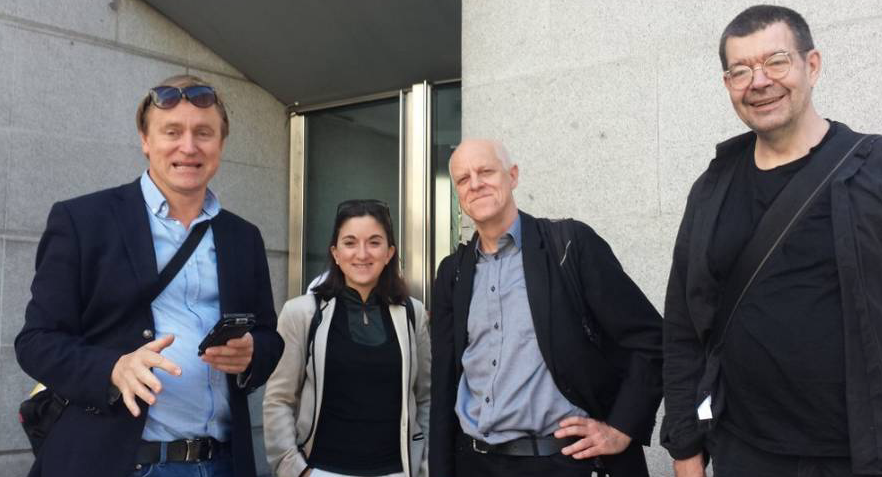The exploitation of intellectual property rights is a topic for virtually every government, major company and economic forum worldwide. Journalists among those who have intellectual property rights. Their authors’ rights are currently best protected in continental Europe.
The EFJ authors’ rights programme calls for journalists to be recognised as authors of the work they create, given control on further use of their work and to receive an equitable remuneration for it, whether their works are exploited off line or online. In this sense, we oppose the Anglo-American copyright system which deprives all staff and most freelances of these rights. Authors’ rights are not only economic rights. Journalists, photographers and media professionals also need strong legal protection of their moral rights, including the right to be named as the author and the right to protect their content from being used in a detrimental way or context.
The right for journalists to exercise control over their work is crucial to maintaining ethical standards and guaranteeing quality journalism. This is another reason for opposing the Anglo-American copyright system, in which authors are coerced into signing away their moral rights, often with no compensation for reuse. Moreover, the growing trend among media organisations to use right-grabbing contracts has become a matter of great concern for the European Federation of Journalists (EFJ). As a result, the EFJ has launched a Europe–wide campaign against right-grabbing contracts and advocates for fair remuneration of journalists.
We also support legal harmonisation of authors’ rights across Europe and the improvement of journalists’ rights and compensation in collective agreements. The authors’ rights work is supported by the IFJ/EFJ Expert Group for Authors’ Rights (AREG), which includes journalists and lawyers. The group meets on a regular basis to identify current threats to authors’ rights and to advise and support journalists and their unions in their battle for higher standards of protection.




